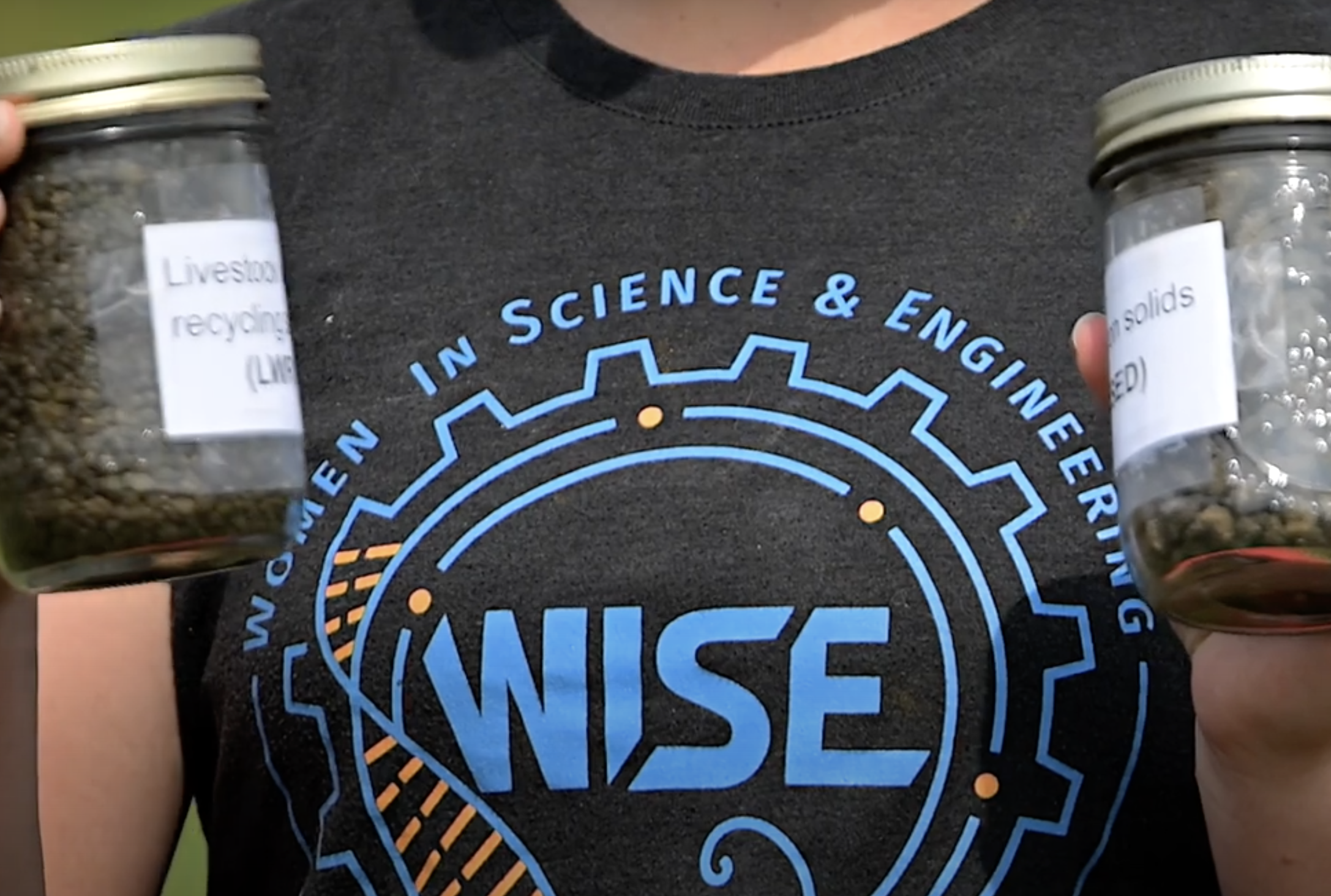| |
| |
 |
 |
| |
 |
|
@{mv_date_MMM d, yyyy}@ |
|
| |
 When manure is spread during cold weather and the soil has moisture, much of the nitrogen is held in the soil and is available in the spring.
» Read More...
When manure is spread during cold weather and the soil has moisture, much of the nitrogen is held in the soil and is available in the spring.
» Read More...
With the recent rains in Ontario, there have been questions about the potential losses of N from applications to winter wheat. Rate of nitrogen loss depends on several factors, outlined here.
» Read More...
It's a good time to reflect on biosecurity practices to prevent the spread of diseases found in manure, especially now that highly pathogenic avian influenza (HPAI) has been confirmed in dairy cattle in Michigan.
» Read More...
Vote for your favorite slogan here before April 26 and immortalize the best slogans on our signature T- shirt!
» Read More...
|
| |
|
| |

There’s no higher compliment in this business — than being called predictable. It’s the reason we’ve been trusted across the industry for more than 85 years, and why we’re the exclusive spreader partner of industry-leading brands.
Get more done in less time with the New Leader NL600 spreader. When you’re expected to do it all, use a spreader that’s as versatile as you are. Know exactly what you’re getting every single time when you buy a New Leader: precision, performance, and above all, predictability.
We’re built for this so you can be too.
» Learn More
|
| |
|
| |
 Cornell University and the New York dairy industry are working together to understand how dairy manure can impact a farm’s greenhouse gas emissions and determine which strategies farmers can use to reduce their footprint, while maintaining profitable farm businesses. With New York’s ambitious Climate Leadership and Community Protection Act and the dairy industry’s goals for sustainability, Cornell positioned to develop innovative strategies and work with farmers to identify which of these will work in the northeast.
» Read More...
Cornell University and the New York dairy industry are working together to understand how dairy manure can impact a farm’s greenhouse gas emissions and determine which strategies farmers can use to reduce their footprint, while maintaining profitable farm businesses. With New York’s ambitious Climate Leadership and Community Protection Act and the dairy industry’s goals for sustainability, Cornell positioned to develop innovative strategies and work with farmers to identify which of these will work in the northeast.
» Read More... |
| |
 With the 2024 North American Manure Expo fast approaching, it’s always a good time to look back at the offerings of Expos past. In 2023, when the Expo hit Arlington, WI, attendees got an up-close look at the effects of dairy-forage rotation on crops at UW-Madison’s on-site research station, as part of the Wisconsin Integrated Cropping Systems Trial, a long-term (34-year) experiment looking at how cropping systems impact yield, profitability and soil health.
» Read More...
With the 2024 North American Manure Expo fast approaching, it’s always a good time to look back at the offerings of Expos past. In 2023, when the Expo hit Arlington, WI, attendees got an up-close look at the effects of dairy-forage rotation on crops at UW-Madison’s on-site research station, as part of the Wisconsin Integrated Cropping Systems Trial, a long-term (34-year) experiment looking at how cropping systems impact yield, profitability and soil health.
» Read More... |
| |
| |
|
| |

|
| |
| |







